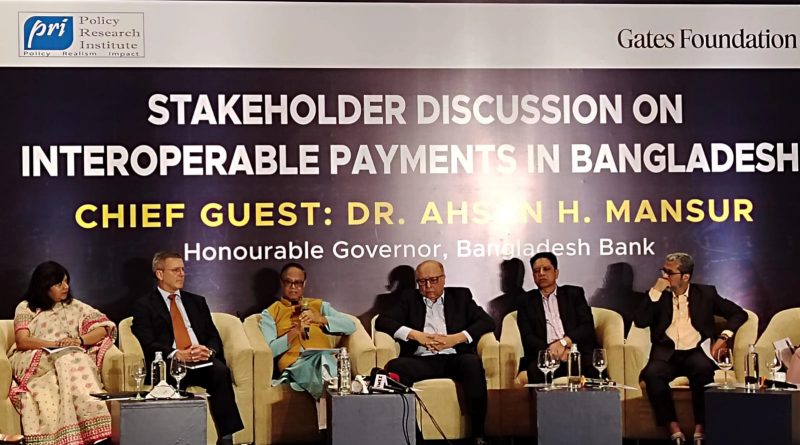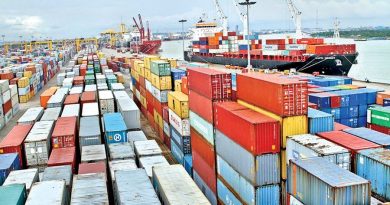Bangladesh’s central bank governor Ahsan H. Mansur said on Monday that the country’s microcredit institutions must adopt digital technology to remain sustainable, warning that the traditional 1980s model is no longer viable due to high operating costs.
Speaking at the Stakeholder Discussion on Interoperable Payments in Bangladesh in Dhaka, organized by the Policy Research Institute of Bangladesh with support from the Gates Foundation, Mansur emphasized that without digital transformation, the sector’s administrative expenses would erode its long-term sustainability. He argued that technology-driven microfinance could become the next tool for financial inclusion among low-income households.
The governor also urged banks to recruit 50% female agents in the agent banking network, noting that women remain underserved in financial services despite outnumbering men at the secondary education level. Increasing women’s participation, he said, would help reach households often excluded from banking, including housewives and mothers-in-law.
Mansur further announced plans to ease credit card restrictions by raising lending limits and encouraging banks to issue more cards. He said credit cards should be viewed as financial instruments rather than symbols of wealth, adding that broader adoption would improve transaction transparency and tax compliance.
He pointed to rapid growth in mobile financial services, including nanoloans available instantly without applications, though regulators are still reviewing performance data before raising limits. At the same time, cash usage continues to rise by 10% annually, costing the banking sector an estimated 20 trillion taka (\$180 billion) and draining around 1.5 billion taka in government revenue. To curb demand for cash, the central bank is promoting mandatory QR code payment systems for businesses, requiring new licenses to display digital payment codes.
The governor acknowledged that a previous attempt to introduce an interoperable instant payment system had failed due to poor management and capital design. This time, with support from the Gates Foundation, Bangladesh Bank is preparing to roll out a tested model to connect all financial players through a single gateway. “We cannot afford another failure. The country urgently needs an integrated and proven payment infrastructure,” Mansur said.
The event also featured insights from Pakistan’s rollout of the RAAST system, a Mojaloop-based demo from African markets, and prototype innovations from Bangladeshi tech firms. Senior executives from Sonali Bank, Islami Bank, bKash, Nagad, Citi, Grameenphone, and Robi took part in panel discussions on interoperability and digital transformation.






